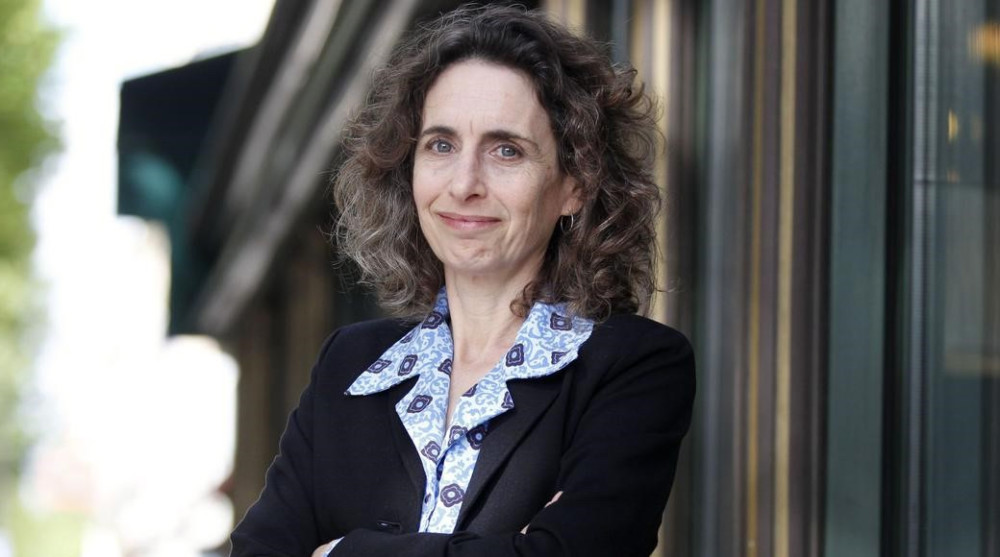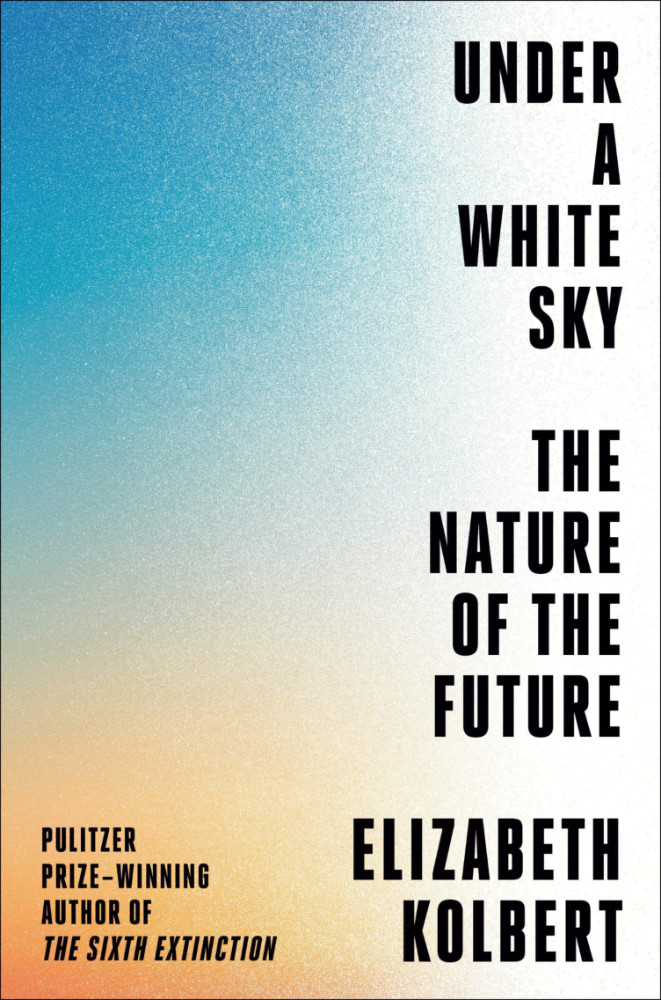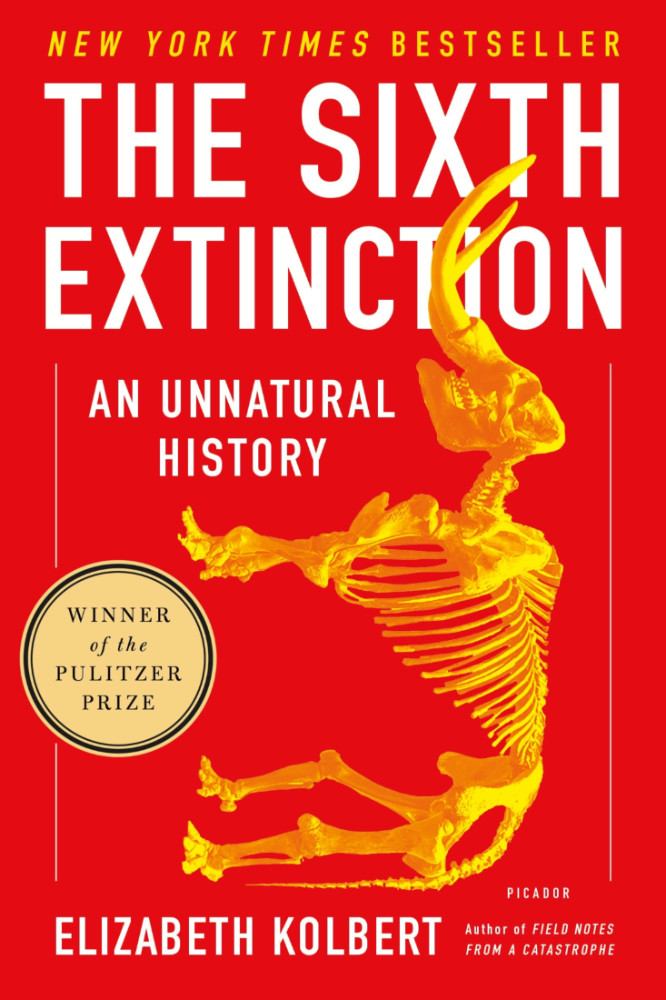
Chronicler of Our Times


Few people can match Elizabeth Kolbert’s grasp of humanity’s impact on the planet. A staff writer for The New Yorker, she won the 2015 Pulitzer Prize for nonfiction for “The Sixth Extinction: An Unnatural History” (Henry Holt and Co.). In it she argued that Earth is undergoing a man-made mass extinction. She followed that up with “Under a White Sky: The Nature of the Future” (Crown, 2021), which explores some of the ways we’re counting on technology to undo the damage we’ve inflicted on the only home we have.
A gripping storyteller with a reporter’s eye, Kolbert will talk about her work in an appearance Monday, April 4, at 7 p.m., at UC Santa Barbara’s Corwin Pavilion. Presented by UCSB’s Interdisciplinary Humanities Center , the event is part of the center’s “Regeneration” series. It is free and open to the public.
Susan Derwin, director of the IHC, noted the “Regeneration” series is featuring speakers who are considering the collective actions and recalibrations of thought needed to move forward into a world of greater stability, equity and solidarity. Kolbert’s most recent book, she said, falls squarely within the purview of the series.
“‘Under a White Sky’ shows how fraught projects can be that attempt to right the destructive course on which human beings have steered the planet, through further, albeit well-intended, interventions,” Derwin said. “At the same time, Kolbert’s investigation also suggests that the striking ingenuity and the empathy underlying such projects in themselves have the potential to be catalysts of positive consequence, if harnessed into larger, collective undertakings. That is why, in addition to a clear sense of how humans have upset the equilibrium of nature, what also emerges from Kolbert’s deft portraits of people working to counteract environmental destruction is the commitment, passion and compassion of those individuals, and even their complexity and mystery.
“‘Under a White Sky’ does not moralize or proselytize; it reveals,” Derwin continued. “Kolbert is a self-aware journalist who writes with a light touch and is clearly led by a curiosity grounded in her own flesh and blood humanity, which emerges in her narrative through her subtle humor.”
In an email interview, The Current also caught up with Kolbert, who lives in Massachusetts with her husband and three children.
The Current: Why did you follow up “The Sixth Extinction” with “Under a White Sky”?
Elizabeth Kolbert: After I wrote “The Sixth Extinction,” I was interested in the question: What are people going to do with the sort of information I presented in the book? For instance, what are we going to do about the fact that we’re killing off coral reefs? And I kept seeing the same kind of response: We’re going to try to intervene in nature in a new way, to correct for the old way. That pattern became the theme of “Under a White Sky.”
TC: It seems like you’ve spent your career chronicling the planet’s cycle of doom, so to speak, and the ways we’ve tried (and are trying) to fix the problems we’ve created. You’re a mother. How do you stay positive about the future given your reporting?
EK: I can’t say I really am positive about the future. That being said, I certainly do hope we figure a way out of the mess we’ve made. My own mother was born in Nazi Germany, and the future didn’t look too bright then, either. I find some consolation in that. There are many aspects of the future that we cannot foresee.
TC: You seem skeptical of some solutions to climate change. Why is that?
EK: If you look at the record of conscious human intervention in the natural world, it’s not too good. That’s one of the patterns I explore in “Under a White Sky.” We think we are a lot smarter now, and certainly we’re more desperate. But I think one has to be skeptical of “solutions” to climate change that allow us to leave the underlying problem unaddressed.
TC: If it were all up to you, what’s the first thing you’d do to slow climate change?
EK: I would make polluters pay for their emissions through a carbon tax. I think this would finally get the business world to pay attention and start cutting emissions. It would get all of us to pay attention.
TC: What do you hope the audience will take away from your talk?
EK: That we better be very careful before we try to, say, gene edit or geoengineer our way out of our current problems. Because the chances of getting that right are not the kind you’d want to bet a planet on.



